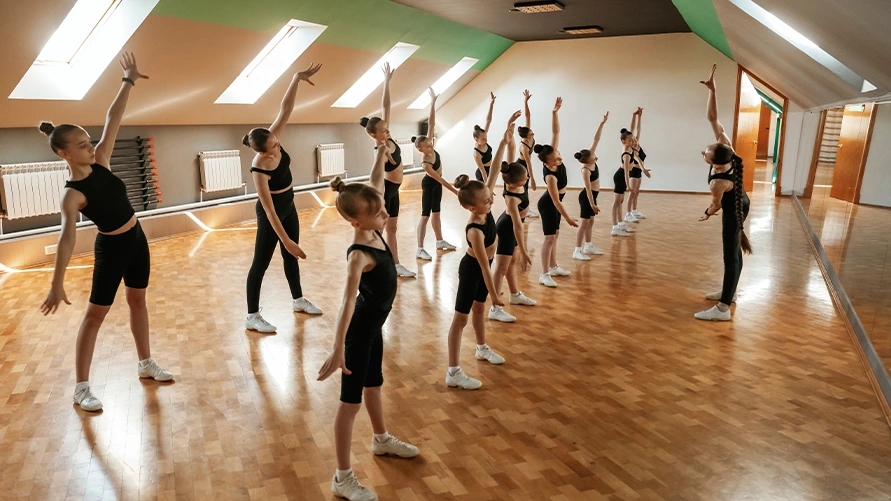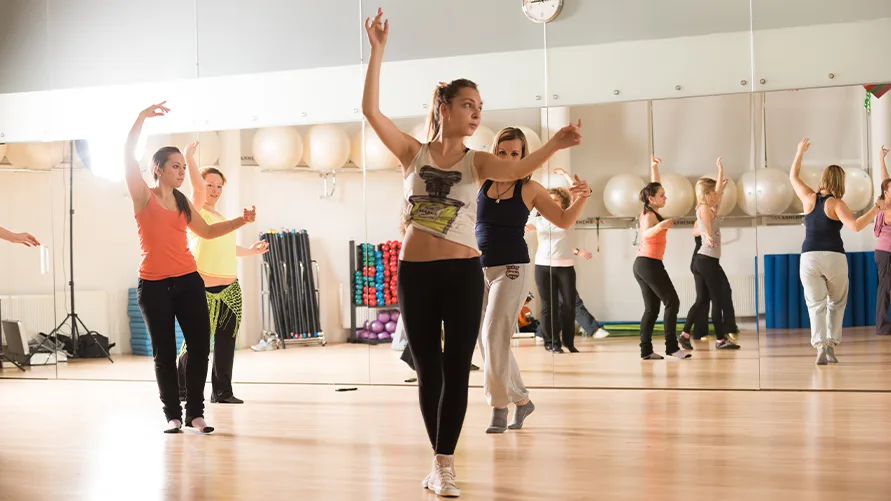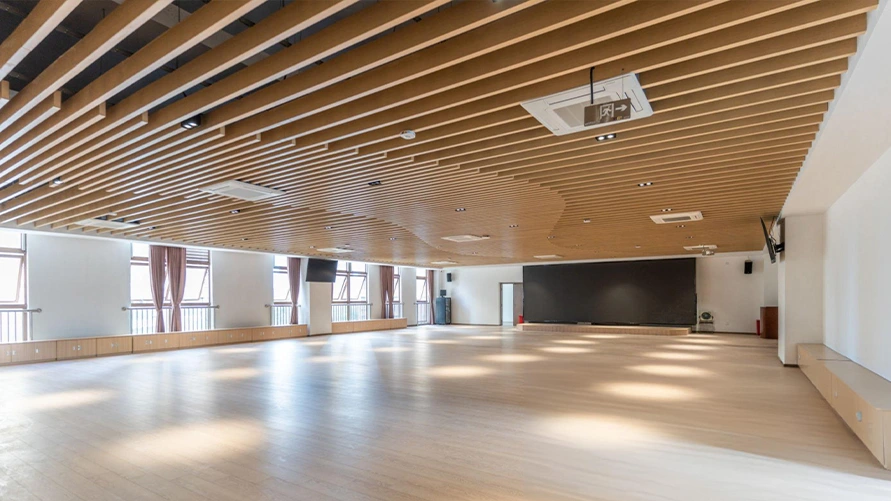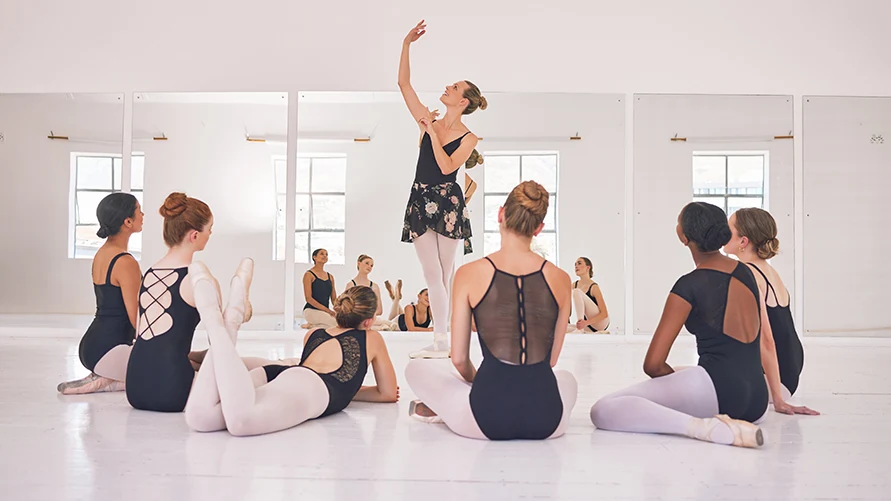Is a dance studio franchise worth the investment? So yes, but it depends on your goals, budget, and tolerance for restrictions.
A franchise gives you a ready-made brand, business model, and support from the franchisor. That can make life easier, especially if you’ve never run a business before. But it also comes with fees, contracts, and less freedom. The tradeoff is high fees, strict rules, and less freedom to run things your way.
To help you decide, this blog walks through real costs, common problems, and the steps to make a franchise pay off.

What are the real costs of a dance studio franchise?
When people first look into franchising, they often focus only on the entry fee. But the true cost is much more than that. Most franchises charge:
- An initial franchise fee (tens of thousands up front).
- Royalties (a percentage of your monthly income, often 5-10%)
- Marketing contributions (to a national or regional ad fund).
Then come the usual studio costs, rent, salaries, utilities, insurance, flooring, and sound systems.
But many owners underestimate how much money they need to stay afloat in the first year. Even with a big brand name, it takes time to build a steady student base. During those early months, you will still be paying royalties whether or not you’re profitable.
Tip: Before you sign, ask the franchisor for financial performance statements. See how many students you’d need each month just to cover costs.
How does a franchise compare to running an independent studio?
A dance studio franchise gives you structure: a ready-made teaching program, branded materials, and sometimes national recognition. If you’re brand new to business, this can be comforting.
But going independent has its own strengths. No royalty means you keep more of what you earn. You can set your own prices, design your own programs, and build a culture that fits your community.
So which one you choose depends on your previous dance teaching experience, capital, and business model preference. If you like following proven systems and want guidance, franchising can make sense. If you value freedom, creativity, and higher profit potential, independence may be a better fit.
What pitfalls do dance studio franchise owners commonly face?
Not every franchise delivers on its promises. Owners often share stories online about the downside of franchising. Here are a few you should know:
- Some franchises push hard sales tactics, which can feel uncomfortable for students.
- Instructors’ quality can vary. Some studios hire quickly to fill spots, and students notice when teachers aren’t consistent.
- Restrictive contracts can lock you in for years or stop you from opening your own studio later.
- A mismatch in culture is common. The franchisor may focus on competition, while your local community just wants a fun hobby.
These issues don’t happen everywhere, but they show why it’s important to talk to other franchisees before you commit. Ask them what works and what doesn’t.

Where does the money really come from in a franchise studio?
Many new owners think the money only comes from group classes. But the most successful studios make income from several places. These can include:
- Group classes & memberships for consistent cash flow.
- Private lessons for high-margin add-ons.
- Recitals & competitions for big revenue spikes during event seasons.
- Branded merchandise & uniforms for branded gear, shoes, and accessories.
- Space rentals renting out the studio for parties, workshops, or rehearsals.
In a franchise, not all of these options may be open to you. Some franchisors control pricing or take a share of sales. If the only main revenue is group classes, your profits can feel thin when attendance drops.
So, before you sign up, ask the franchisor: Which revenue streams do they support? Which ones are restricted? If the model depends too heavily on a single stream, you may struggle during slow seasons. At the same time, more streams mean more stability.
Does franchise marketing actually bring in students?
Franchisors often promise big marketing support. The idea is that national ads will help fill your classes. And it usually helps, but not as much as you might hope.
Yes, a recognized name can attract attention. But most families choose a studio based on local reputation. That means your own marketing still matters a lot. Running local Facebook ads, building partnerships with schools, getting reviews on Google, and showing up at community events often bring in more students than a national campaign ever will.
So, whie franchise marketing gives you a push, but don’t rely on it alone. The studios that thrive do their own local hustle too.
What questions should you ask before signing a franchise agreement?
Before you lock yourself into a franchise, ask some direct questions. These can save you from unpleasant surprises:
- How many franchise locations have closed in recent years?
- After royalties and fees, what is the average profit margin?
- Can I exit or sell my studio if I need to?
- How much freedom do I have with pricing and scheduling?
- What real support do you provide for training teachers?
A good franchisor will give clear answers backed by data. If you only get vague promises. Consider it a red flag.
How can you maximize profit in a dance studio franchise?
Owning a franchise doesn’t guarantee success. The owners who do well are the ones who take action beyond the standard playbook.
That means:
- Get involved in your community with open houses, workshops, and school partnerships.
- Investing in your staff so teachers stay longer and students feel supported.
- Tracking your numbers carefully: enrollment, drop-out rates, and class profitability.
- Using good software for scheduling, billing, and retention so admin doesn’t eat your time.
The franchisor gives you a framework, but the real results depend on how well you run your studio
Final words
So, a dance studio franchise can be worth it if you want structure, training and a known brand. It lowers the learning curve and gives you tools to get started.
But if you want freedom, creativity, and control, you may feel limited by the rules ongoing fees.
But if you enter with clear expectations, avoid the common pitfalls, and stay active in building your community, a franchise can absolutely pay off. But success won’t come from the brand name alone; it will come from how much effort you put into running it.





